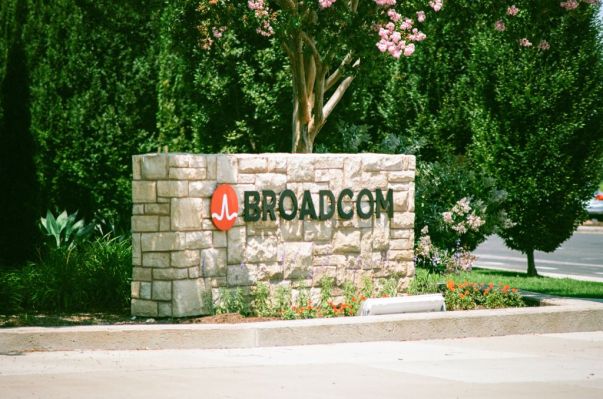Last year Broadcom, a chipmaker, raised eyebrows when it acquired CA Technologies, an enterprise software company with a broad portfolio of products, including a sizable mainframe software tools business. It paid close to $19 billion for the privilege.
Then last week, the company opened up its wallet again and forked over $10.7 billion for Symantec’s enterprise security business. That’s almost $30 billion for two aging enterprise software companies. There has to be some sound strategy behind these purchases, right? Maybe.
Here’s the thing about older software companies. They may not out-innovate the competition anymore, but what they have going for them is a backlog of licensing revenue that appears to have value.
Whatever happens, know that change often comes slowly to the enterprise and chances are that revenue is going to be around for the foreseeable future.
Tony Byrne, founder and principal analyst at Real Story Group, says that he used to be cynical about such deals, but says they may serve a useful purpose in the enterprise software ecosystem. “Now I see roll-ups like this as a kind of a natural part of the tech lifecycle. They provide senior housing and end of life services — hopefully responsibly,” he said.
Diversifying revenue
Holger Mueller, an analyst with Constellation Research, says that for Broadcom there is a much more practical reason for acquiring these companies. It diversifies the company’s product portfolio at a time when the chip market has been falling off, while giving them an alternative source of revenue to get over the hump at a much cheaper clip than if it had bought fellow chipmaker Qualcomm.
Last year, Broadcom attempted to acquire Qualcomm, with the price reaching a staggering $121 billion before the Trump administration put the brakes on the deal, citing national security concerns. Mueller says in the context of the Qualcomm deal, the price paid for Broadcom’s recent acquisitions is pretty minor.
“It is fascinating as they completely reversed course from digging deeper into the semiconductor business with Qualcomm to buying CA [and Symantec] and are now in the enterprise software business,” Mueller told TechCrunch.
He says that with the combination of Symantec’s enterprise security business and CA, Broadcom gains approximately $5 billion in revenue annually — $1 billion from Symantec and $4 billion from CA. He likes this approach. “In 12 months Broadcom did more to diversify its revenue stream than Intel has done in 30 years,” Mueller said.
What Broadcom brings to the table
Broadcom is primarily a hardware company, and even after these acquisitions remains so. It makes a variety of hardware, which generates the vast majority of its revenue through sales to original equipment manufacturers and distributors from around the world, roughly two-thirds of which come from the Asia-Pacific region. While, Broadcom designs are largely used in set-top broadband and wireless infrastructure end products, Broadcom chips are also used in anything from enterprise data centers, to smartphone displays, to even electricity generation.
The company was purchased by Avago in 2015 for $37.5 billion, but the merged company took on the name Broadcom. As of today, it had a market cap of $112.93 billion.
In its most recent earnings report, it generated $5.52 billion, and revenue, growing 10% year over year. The vast majority of the revenue came from its semiconductor solutions business, which generated $4.09 billion. The rest came from the infrastructure software side of the business, which includes CA, and which produced $1.41 billion.
Broadcom’s revenue contributions are shifting quickly. As of May, the semis business made up ~75% of Broadcom’s revenue relative to ~92% of mid-year revenue at the same time last year. Conversely, revenue from the company’s infrastructure software solutions spiked to ~25% over the period compared to just ~7.5% last year.
Broadcom is the number five in the world in the semiconductor business, according to Gartner with 3.4% marketshare, slightly ahead of Qualcomm, which has 3.2%, but well behind number one, Samsung, which 15.5%. Intel is in second with 14%.
Don’t mess up

Photo: Science Photo Library – PASIEKA, Getty Images
Forrester Research also saw potential in the deal, but writing in a blog post, wondered if Broadcom would continue to support the software side of the house adequately. “While this deal does give Broadcom more revenue balance between hardware and software, Broadcom is still a hardware-dominant company, which will likely influence priorities and funding that could further hamper development of the software portfolio,” the firm wrote on its blog.
For now, Broadcom appears to have used its money to diversify and generate a chunk of revenue from software. Of course, there is no guarantee that the software side of the house will continue to generate income at the same pace, but diversification across product lines will generally reduce risk.
While it appears unlikely Broadcom will pour much money into the software side of the businesses, it serves the purpose of riding out the chip market fluctuations until it comes back, and that seems like a bet worth making.
